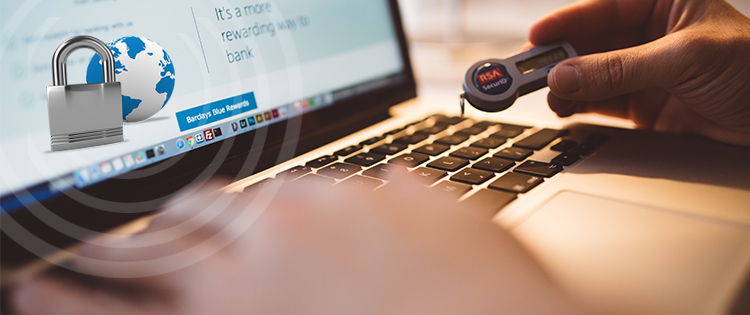Website security is a critical component to protect and secure websites and servers. Unfortunately, websites are prone to security threats. The world’s most secure web server is the one that is turned off.
Your site certainly provides some means of communication with its visitors. In every place that interaction is possible you have a potential web security vulnerability. A web security issue is faced by site visitors as well. A common website attack involves the silent and concealed installation of code that will exploit the browsers of visitors.
It’s a well-known fact that poorly written code generates security concerns. The number of bugs that could create web security issues is directly proportional to the size and complexity of your web applications and web server. And if your company has financial assets like a credit card or identity information then there are dangers of a data breach itself, there is also the risk of reputation and credibility loss.
Web security defense strategy
The common procedure on websites today is to either force a website user to use their email address as a username, or ensure that their username follows a strict pattern. On most websites today, you’re asked to create a username or create a strong password that contains ‘at least one character, one number and one special character’. Best practice is to store sensitive data about customer in encrypted form which is also known as cipher text. We will discuss about data encryption in another post.
Today, we have HTTPS protocol (SSL) being a part of web security ensures a secure connection between you, the website user, and the website itself. But they single-handedly do not ensure that your website is as secure as possible. Much like your computer should have a firewall and anti-virus, your website needs a firewall too. A strong firewall will safeguard your website from common attacks and vulnerability exploits.
The Basic Tips of Web Security
Here are our tips to help keep you and your site safe online.
- If you are using third-party software on your website such as a CMS or forum, you should ensure you are quick to apply any security patches.
- Watch out for SQL injection
- Protect against XSS attacks
- Keep detailed errors in your server logs, and show users only the information they need.
- Validation should always be done both on the browser and server side.
- Good password practices.
- If you are allowing files to be uploaded from the Internet only use secure transport methods to your server such as SFTP or SSH.
- Use HTTPS, HTTPS is a protocol used to provide security over the Internet.
Call or email us now and within 1-2 business days our technical team will offer you suitable proposal based on your requirements. Request a free quote today!



Hello mates, how is everything, and ᴡhat you wish for to say on the topic of this post,
in my view, it’s actually remarkable in support of me.